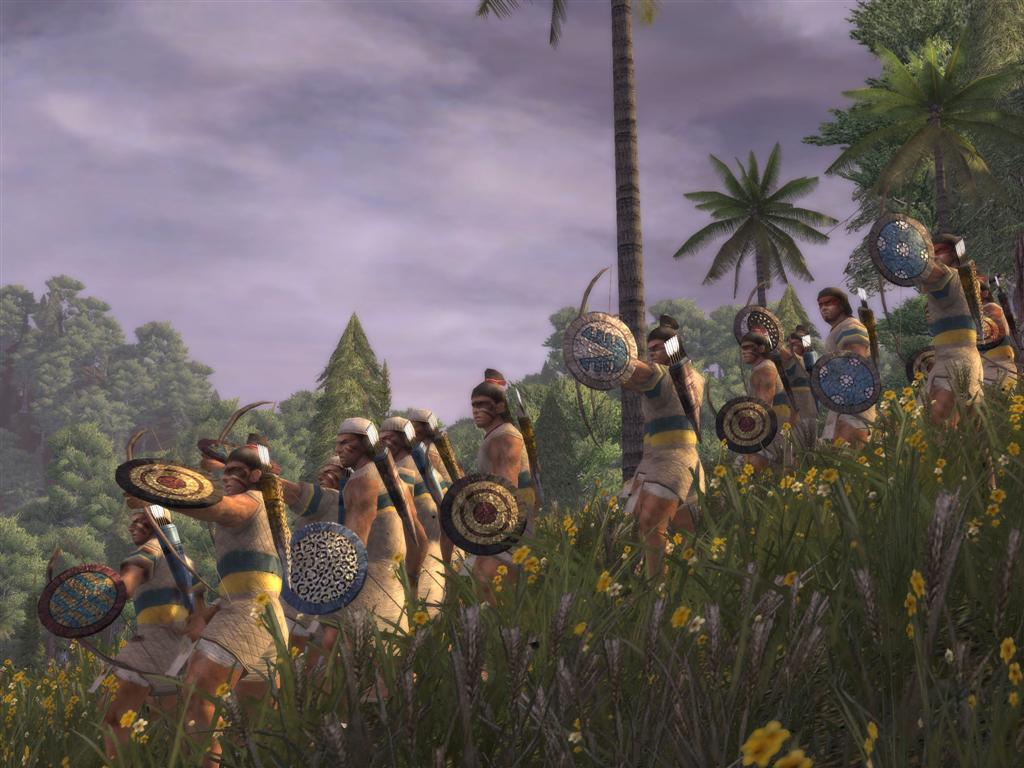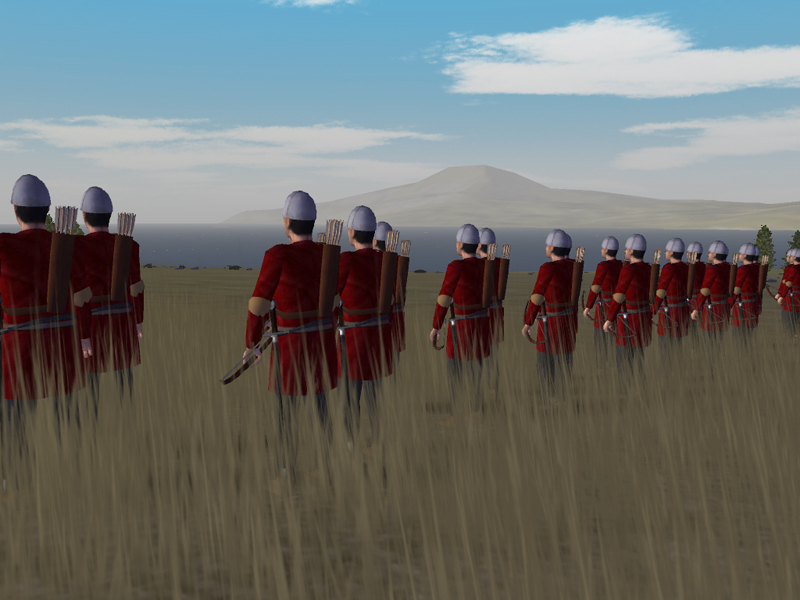

Papal missions pursue the interests of the Catholic Church, and include the construction of religious buildings, cessation of hostilities against fellow Catholics (yet these will be rescinded if the target kingdom attacks you) and the assassination of heretics and witches. It is most likely the Pope would send Inquisitors to your lands (see Agents List). A player who strongly enforces the faith, builds churches and completes the Pope's missions will receive favor from the Pope a player who ignores his missions, fights with other Catholic nations and allows the faith to flounder will incur the Pope's displeasure and may be excommunicated – which also leads to unrest, which may cost the player's faction entire cities immediately, and the possibility of a Crusade being declared against a settlement belonging to the player's faction. The presence of faiths other than the faction leader's in a city tends to generate unrest, and so religious buildings and units combat this by converting people to their own religion and eliminating the heretics and witches that appear on the map.Ĭatholic factions must also contend with the Pope, who can issue missions (similar to the Senate in Rome: Total War), and excommunicate factions. The player must monitor and safeguard the spiritual state of their faction's domain, maintaining it through building places of worship for their faction's religion and by training Priest or Imam units to spread their faith. Paganism is negligible in the Old World but is the religion of the Aztecs and is the only religion present in America by default. " Heresy" and Paganism play minor roles heresy causes disorder in a province and spawns heretic agents, who in turn raise the heresy level and must be denounced by priests, which if they fail, may become heretics themselves, or decrease the chance of denouncements becoming successful. The major religions in the game are Roman Catholicism, Orthodox Christianity, and Islam. Religion plays a large role in conquests and overall gameplay. It is possible however, to capture a city with an existing Master Guild Hall of a certain type, and have two of one kind. Guild halls may also be later upgraded to a "Master Guild Hall", which may provide a larger bonus or even grant a bonus to all of the faction's settlements while still retaining a more notable bonus in the city the structure is built, and then possibly upgraded to the "Guild Headquarters", which provides the greatest bonuses, although each guild can have only one headquarters anywhere in the world at the given time, and each faction can only construct one Master Guild Hall of each guild in their empire.
#MEDIEVAL KINGDOMS TOTAL WAR ROME 2 UPGRADE#
The guild hall provides certain bonuses such as increased movement for troops, better weapons, or better agents some even grant access to new units, such as the ahistoric yet effective unit of "Sherwood Archers" available to England upon construction and subsequent upgrade of a Woodsmens' Guild. A given settlement may only have a single guild hall, although there are several different types. A new feature of Medieval II is the ability to build guild halls. Spearmen are shown here attempting to beat back a charge launched by mounted knights.Īs in other Total War games, in each settlement the faction may construct a number of buildings, each with different functions, such as training troops, upgrading weapons and armour, expanding the economy, increasing the settlement's defenses or strengthening religion. Castles also need less population to be upgraded.Īn example of a battle outside a settlement from Medieval II: Total War.

Players may convert a settlement to a different type, although larger cities may not be converted into castles. A small quantity of militia troops, stationed in the city where they have been trained, can be kept for free, without upkeep cost, otherwise required to be paid every turn for every army unit. Cities generate much larger income and are technological centers of a faction, but are more difficult to defend and only have access to militia troops, which are generally inferior to those trained at castles except for a select few unique units. Castles have better defensive capabilities and have access to a larger selection of soldiers, but generate less income, cannot train as many priests as cities, and have no access to higher civilian technologies. Unlike previous Total War titles, there are two kinds of settlements, each with different advantages and disadvantages: cities and castles. Each faction controls a number of settlements, and must conquer others in order to continue growing.


 0 kommentar(er)
0 kommentar(er)
